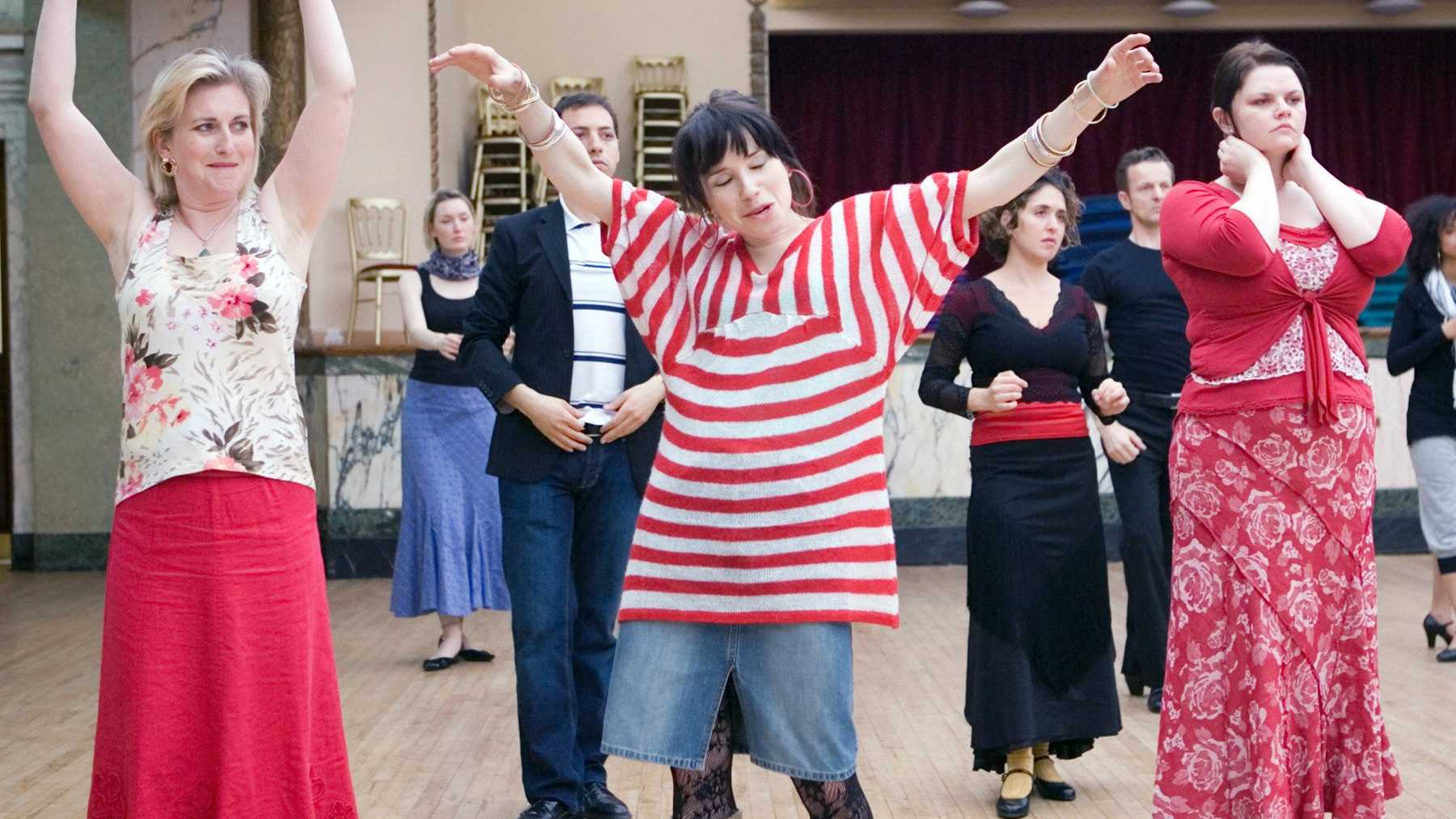
So, while it is entertaining to read all this, and his frankly odd conversations with his siblings, one has to remember, this is a man, a tender-hearted man, whose father was plainly cruel to him, never showed him love, and remained so until just before he died when his dementia took the sting from his thoughts and words and made him nicer. Good grief, he has to go to a periodontist in Paris, France, for treatment? I had to go Google his face to see if, these days, he has a full set of fangs for fantastic smiles. Probably the weirdest thing about him is, for me, the issues with his teeth and his gums. He is unusual in many ways: how he dresses ( haute couture and the occasional dress or skirt), how he interacts with his readers while on road shows (directly and openly), the questions he asks them when he signs copies of his books (for instance to which random street person would you give a large sum of money?), and his relationship with Hugh, his partner of many decades (loving but not free of squabbles, as people do). He writes about the common human problems that affect all people, though he is the most uncommon of people. I would frequently fall into these mental traps when talking with my mother, when she’d spring questions on me like “How does it feel to die?” How would I know? Sedaris writes about this, and his fractious and pained relationship with his father in such a candid and spare-no-feelings kind of way, that I felt as if he were echoing what’s in my mind.


It’s just a question of how it will play out. Happy-Go-Lucky, by David Sedaris (Essays, Humor, Publisher: Little, Brown and Company, May 31, 2022, hardcover, 272 pages)Įvery day, I’d process what was happening and try to keep a clear mind, and every evening I’d read another chapter in Happy-Go-Lucky, which started sounding like a type of echo in reverse – a echo of how things might pan out in the future – because doesn’t everyone have to deal with their parents aging and dying in a weird reversal of roles? I mean, everyone does die.


 0 kommentar(er)
0 kommentar(er)
